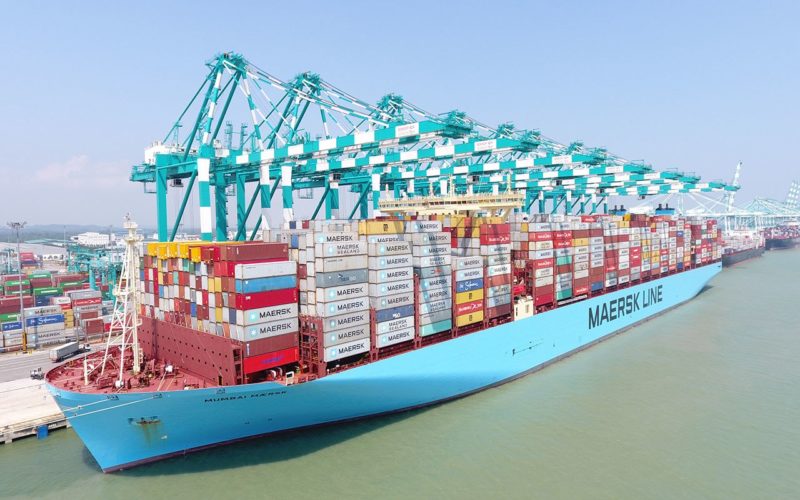
Maersk, the world’s largest container shipping company, tops the list of 12 liner companies based on their sustainability performance reporting and planning, the Gliese Foundation said.
The company won 4.9 stars out of possible 5.0, the foundation said.
The company’s 2019 sustainability report holds the bull by the horns—GHG emissions—from the very beginning, and almost no paragraph is wasted.
The company differs considerably from other liners in the detail of reporting and assumes responsibility for its share of pollution in the sector, while its counterparts tend to be rather vague in their commitments and plans.
Maersk is targeting to have net-zero emissions from its shipping activities by 2050, which is much more ambitious than the IMO’s targets.
The company states that its two strategic targets on CO2 emissions are: 1) To have net-zero CO2 emissions from its own operations by 2050, which includes having commercially viable, net-zero vessels on the water by 2030. 2) To deliver a 60% relative reduction in CO2 emissions by 2030 compared to 2008 levels.
“We determined where the vast majority of our investments in new fuels will go in the next years, zooming in on three potential fuel types based on alcohols (methanol and ethanol), bio-methane and ammonia,” Maersk’s CEO Soren Skou said in the report.
What calls attention is that by mentioning specific fuels, Maersk seems to have advanced significantly, and probably not only through the Getting to Zero Coalition but also by its own, Gliese Foundation added.
“If the largest liner achieves it, the demonstration effect across the maritime industry, the transformation that it will provide could become the most important maritime turning point in decades, only comparable to the replacement of sails by steam in the XIX century or the replacement of coal by oil in the XX century,” the foundation said.
“We consider that the reversal on scrubbers and the hesitance with the Arctic deserve, at least, to discount 0.05 points; in the end, it is just a symbolical reduction,” the foundation pointed out commenting on the reasons why the company failed to receive the top grade.
Specifically, back in 2017, the liner major said it would not be investing in scrubbers, however, it caved to the market pressure and fitted some of its ships with the solution. Furthermore, the company said it would not use the Arctic for its shipping operations to preserve biodiversity and protect the environment.